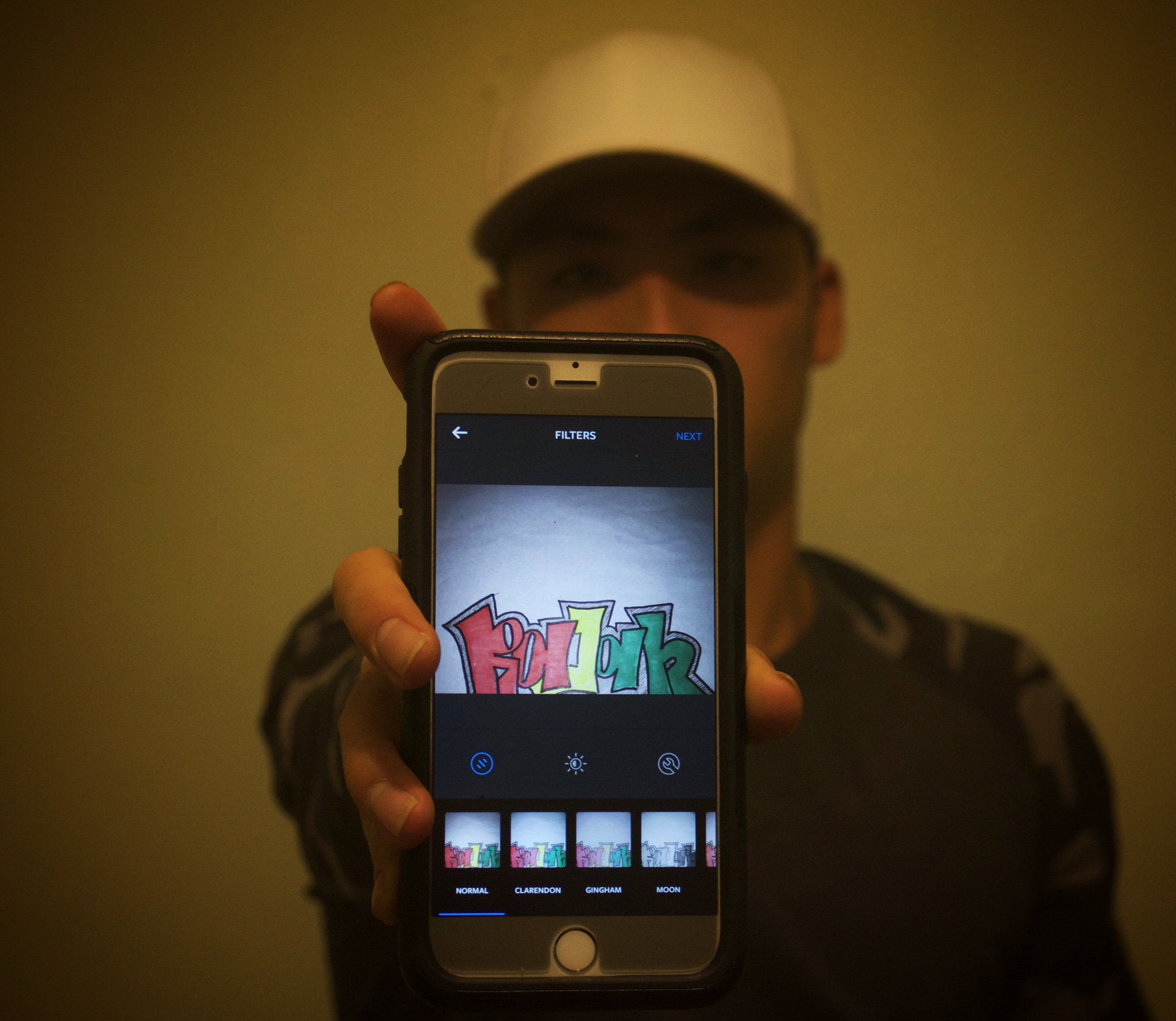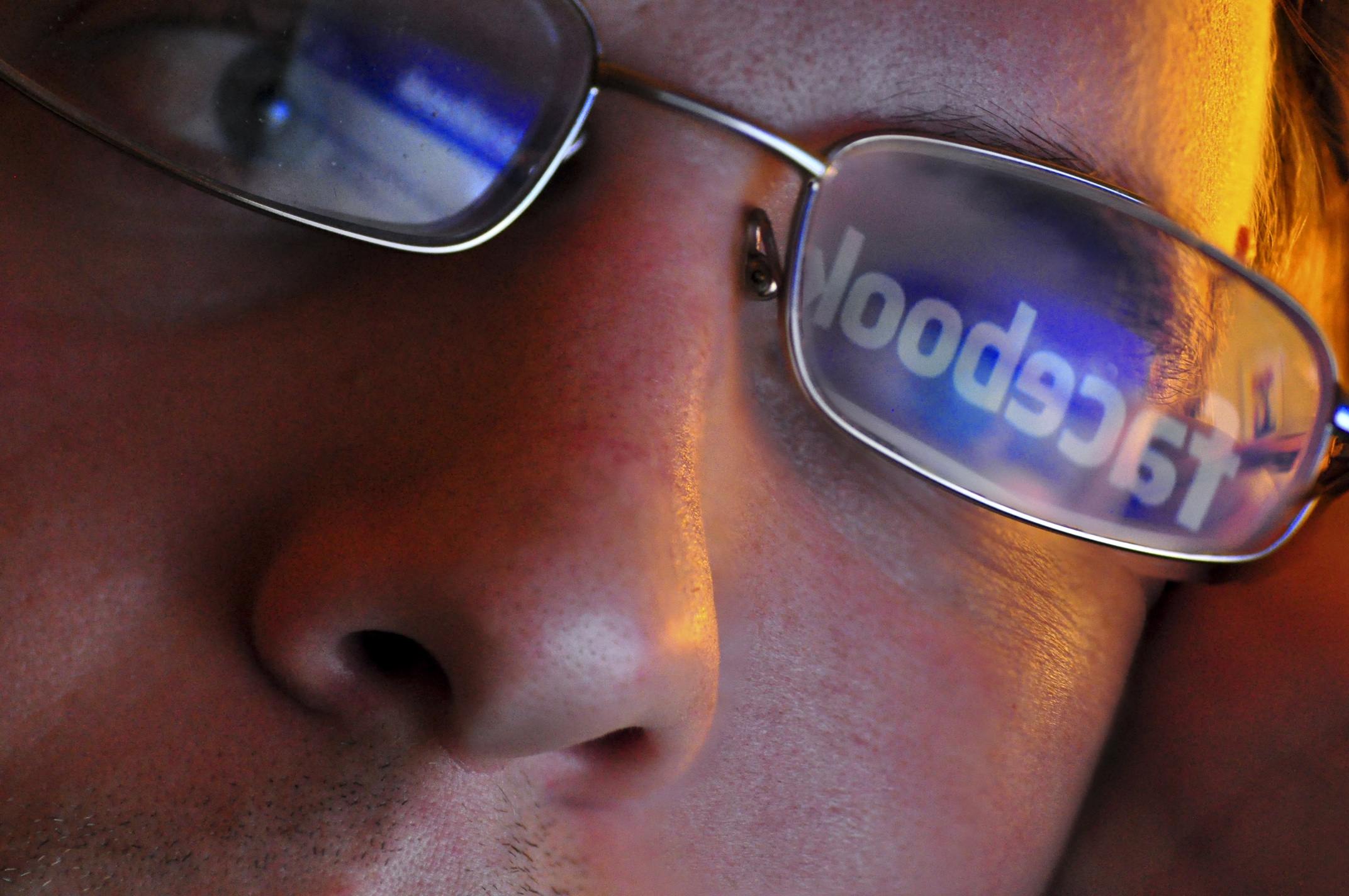If you’re looking for a fail-proof way to reinvigorate your romantic social life without stepping away from the comfort of your computer screen, there is (yet another) app for that.
Joining the ranks of existing Facebook dating apps like Tinder and LuLu, a new Facebook app was made available to the public on Nov. 1. The app, SetMeUp, “redefines the meaning of DTF—Dating Through Friends” as its UWIRE press release raves.
The premise of SetMeUp, and what distinguishes it from the 1000+ other online dating sites, is that mutual friends are often the means of making new connections in real life, so why not on Facebook too?
Like Facebook itself, SetMeUp was originally created as an exclusive matchmaking forum for a university, this time University of Georgia Atlanta.
Thus, the press release makes sure to highlight why this app would be of particular interest to college students: it lets people “avoid the stigma of telling their friends they met someone online.”
Rather, this app encourages the (not so) age-old tradition of Facebook stalking friends of your friends, letting you rate potential matches based on compatibility of interests and photos. The lucky recipient of this voyeurism is then sent a “reco” (normalizing abbreviations too?! Shoot me now), short for recommendation, which they can accept or decline.
The app’s puerile promotion video calls this kind of meeting “the ordinary way.”
But there is nothing remotely ordinary about passing judgments on people for a romantic relationship based on the wholly self-created and self-absorbed profiles that are inevitable with Facebook.
Whatever your intentions, Facebook portrays a falsified, carefully controlled version of yourself that can never express the reality of who you truly are.
An app like SetMeUp encourages people to take the virtual reality of Facebook to an even worse level of false self-representation.
Humans are inherently flawed, but if you can carefully tailor your profile to reflect only the best of you, it presents a picture that will attract people on the false pretense of your “perfect” compatibility.
And what happens when, or if, you finally meet in person, after interacting through the removed layers of social media, where your self is only what you want it to be?
“It is very difficult to make the transition from virtual talking to in-person,” an anonymous Puget Sound female said, in reference to her experience with the dating app Tinder, another similar Facebook matchmaking method.
Relationships that are started through social media are based on a system that actually promotes social ignorance, due to the automatic distance you put between yourself and the other person when you interact through a screen.
And on another note, SetMeUp is just plain creepy. The idea behind this app is ultimately voyeurism, because an apparently positive aspect of the app is its total anonymity.
The people you are viewing must have downloaded the app, but after that there is no monitor on who views your profile.
A privacy or filter setting would be helpful, but there is no mention of this in connection with the app, since its creators seem to want to capitalize on the ability Facebook gives you to browse through strangers’ faces at random.
While making connections through mutual friends can be a good thing, in this case the mutual friend is removed from the equation because their role in the process is passive instead of active, as with an in-person introduction. The mutual friend doesn’t have to think you and that guy or girl would get along, they just have to have a Facebook profile.
Social media imposes a metaphorical barrier to real relationships through the literal screen that inevitably dictates the interactions.
Social media is slowly but surely destroying the way we are naturally created to interact with people in real life.
Giving someone’s dance moves five stars or playing Words with Friends after you’ve been connected by a compatibility meter is a pathetic substitute for person-to-person interactions.
If this is the future of dating culture, superficiality will be the rule.


